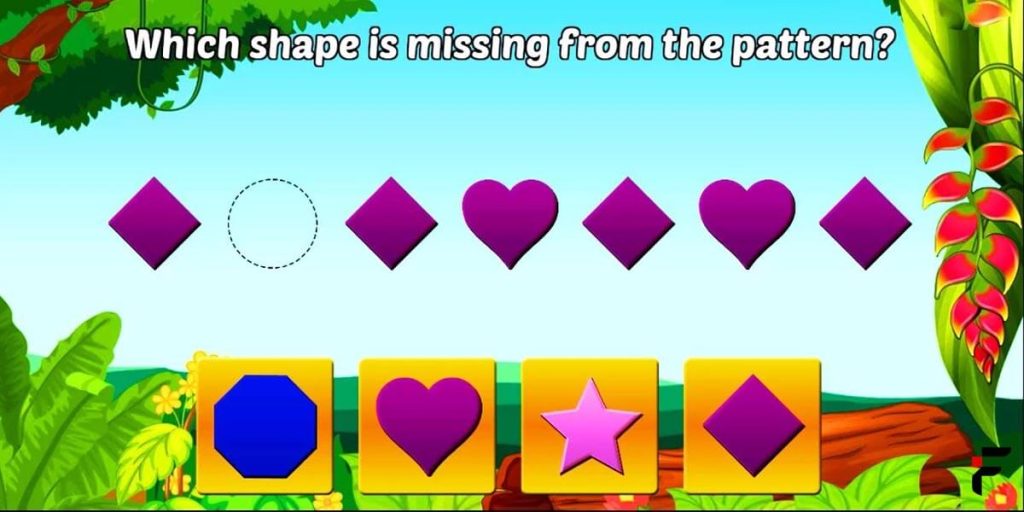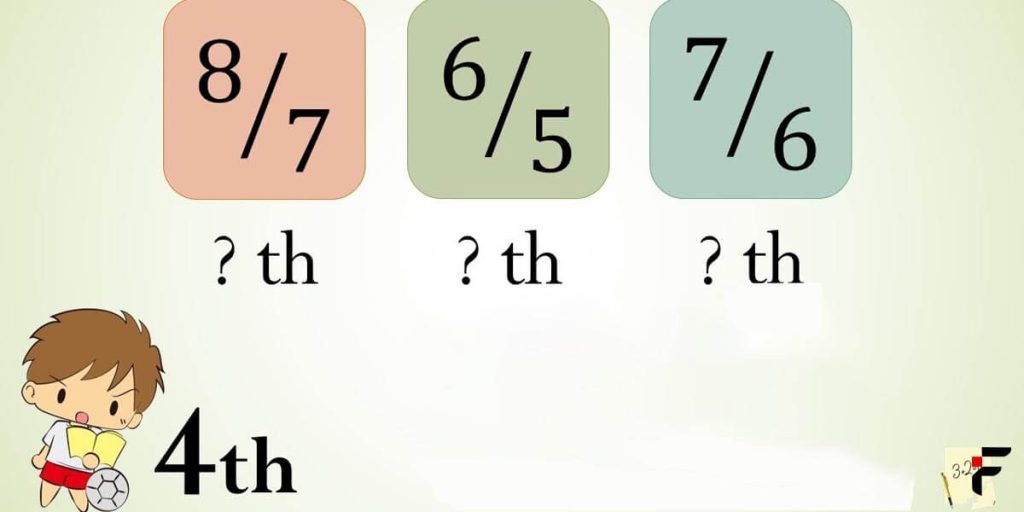Educational games have proven to be an engaging way for elementary school children to learn while having fun. Well-designed games can help kids develop essential skills across various subject areas in an immersive manner. This article will explore the best Learning Games for Elementary Education from kindergarten to 5th grade.
Kindergarten Games:
Educational Insights Barnyard Bounce Game
This memory and matching game is a great starting point for kindergarteners. As children flip over two animal cards, they try to find the pairs and earn points. This builds visual memory skills. The cute farm animal theme also helps kids learn animal names. Barnyard Bounce can be played independently or with a friend, making it a good choice for home or classroom. With no reading required, all children can engage regardless of ability level.
Kids of the World Memory Match Game
This memory game introduces kids to children from different parts of the world in a fun, non-threatening way. Each card features a photo of a child paired with information about their country, language, clothing, or culture. As children match the cards, they engagingly learn about diversity. The diverse characters also help promote empathy and acceptance from a young age. This game supports social-emotional learning objectives.
Sago Mini World Animals
As an app or online game, Sago Mini World Animals is a creative way for kids to learn animal names and sounds. Children care for virtual pets by feeding, dressing, and playing with them. They hear the animal sounds and see the name written as they interact. Options are available to choose animals in English or other languages like Spanish. The colorful graphics and positive reinforcement keep young ones engaged as they learn.
HiHo Cherry-O
This classic board game teaches basic counting and simple addition in a fun, low-stakes way. Players race to collect cherries and make their way around the board, adding the number of cherries they land on. Simple game mechanics make it easy for young learners to understand without feeling overwhelmed. The bright colors and cheerful theme keep kids engaged and wanting to continue playing.
1st Grade Games:

Strawberry Banana Educational Games
This game pack includes titles like Addition Adventure and Letter League to support 1st-grade standards. In Addition Adventure, players solve addition problems by moving game pieces along a board. Letter League builds phonics and spelling skills through letter matching. Games are self-checking and automatically adjust difficulty based on a child’s responses. Digital versions are also available as apps.
The Foos Game
This classic tabletop game builds number sense in a fun competition. Players roll dice and move their focus, playing pieces accordingly. But to enter a den, they must solve a math problem matching the den number out loud first. With multiple ways to score points, math is practiced without feeling like a chore. Foos keeps kids engaged through friendly competition.
National Geographic Kids Why? Geography Game
Through trivia cards about landforms, culture, and landmarks, this game sparks kids’ curiosity about the world. Questions cover topics like continents, oceans, capitals, and more. Turn-taking gameplay builds collaboration and encourages discussing answers. Along with having fun, children expand their knowledge of geography, people, and places. The educational content inspires future learning.
Sago Mini City Construction
In this construction-themed virtual world, children help build a city by placing road pieces, buildings, and more. They are exposed to spatial concepts like position words and shapes as they create. Players also care for citizens’ needs to learn responsibility. Options let kids build with friends remotely. The open-ended play supports creativity and problem-solving too.
2nd Grade Games:
Boggle Jr.
This version of the classic word game challenges 2nd graders’ spelling and vocabulary. Players take turns rolling letter dice to make words on a timer. Looking for multiple-letter combinations builds word recognition. Keeping score introduces simple math, too. The gameplay is self-paced to support different abilities. Portable dice make Boggle Jr. an excellent option for travel.
Sequence for Kids
This card game challenges logic and organization. Players lay down picture cards in sequential order according to a clue. Thinking through the clues and different possibilities improves critical thinking. Turn-taking builds cooperation, too. With no right or wrong answers, kids feel comfortable trying out ideas. The process of sequencing supports many subject areas.
Brain Quest American History Game
Through trivia questions, this game introduces kids to significant events and people in U.S. history. Rotating categories cover everything from colonies to civil rights. The gameplay is self-paced, keeping all ability levels engaged. Along with facts, children develop an appreciation for how the country has changed over time. Portable cards make this a great rainy-day option, too.
3rd Grade Games:
Bananagrams
A favorite word game for all ages, Bananagrams challenges 3rd graders’ spelling and vocabulary in new ways. Players race to build their crossword grid from a bag of letters before anyone else finishes. Strategizing which words to make creates literacy skills. With no set board, kids can get creative. This portable option supports learning everywhere.
Brain Quest History Game
Through trivia questions, this game sparks 3rd graders’ curiosity about history. Rotating categories cover early civilizations, ancient empires, and medieval times. The gameplay is self-paced to engage all abilities. Along with facts, children develop an appreciation for how societies have changed over long periods. Portable cards make this a great option at home, too.
Sequence for Kids: Geography Edition
This version challenges spatial reasoning by sequencing place cards according to clues. Players think through the relative locations of countries, states, landmarks, and more. Turn-taking encourages cooperation, too. Portable cards make this a great car or plane ride activity. The geography content inspires future map reading.
4th Grade Games:

National Geographic Kids U.S. States Game
Through trivia questions, this game builds knowledge of state capitals, landmarks, and geography. Rotating categories cover history, culture, and facts. The gameplay is self-paced to engage different abilities. Along with building knowledge, children develop an appreciation for diversity nationwide. Portable cards provide learning anywhere.
Prodigy Math Game
Prodigy challenges 4th graders with new adventures and math problems covering fractions, decimals, geometry, algebra, etc. Adaptive software ensures an appropriate level. Positive feedback builds skills and confidence. Regular updates maintain engagement. Multiplayer quests encourage teamwork, too.
Brain Quest: What Do You Know? Game
Through trivia questions, this game builds knowledge across the curriculum. Rotating categories cover science, social studies, language arts, and more. The gameplay is self-paced to engage all abilities. No single correct answer allows trying ideas freely. Portable cards provide learning anywhere, anytime.
5th Grade Games:
Brain Quest Biology Game
This game brings biology to life with questions covering cells, genetics, ecosystems, and human body systems. Rotating categories allow learning in bites. The gameplay is self-paced for different abilities. Along with facts, kids develop curiosity about their bodies and the natural world.
Sequence for Kids: Literature Edition
This version inspires critical thinking through sequencing plot points from stories. Players discuss sequencing and cause/effect. Turn-taking enhances cooperation. The open-ended format supports flexible learning. It sparks curiosity about different types of texts.
Brain Box Science Game
With questions covering physical, chemical, and earth science concepts, this game expands knowledge. Rotating categories allow learning in short sessions. The gameplay is self-paced for different abilities. Along with facts, kids develop curiosity about science in the real world.
Read More: Top 2 Free AARP Games to Play
Conclusion:
In conclusion, the games highlighted provide engaging ways for elementary students to learn across subject areas in a developmentally appropriate manner. Exposing children to diverse, curriculum-aligned games at school and home can help nurture their natural curiosity and encourage a lifelong love of learning. By selecting options suited to their interests and skill levels, kids remain immersed in play while developing critical competencies to set them up for future academic success.




